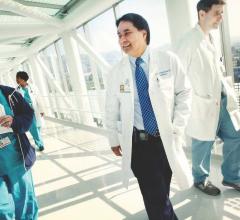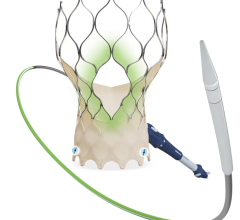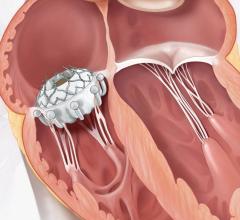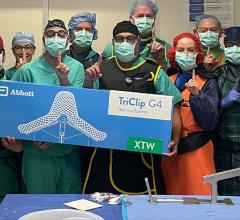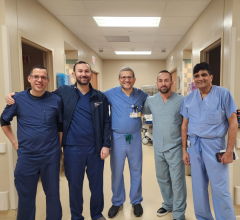February 10, 2011 – Only about two out of every 100 babies (1.8 percent) are screened at birth for congenital heart defects (CHDs) because the hospital or birthing center does not routinely screen all newborns. CHDs are the No. 1 birth defect and leading killer of infants and newborns.
This is according to a survey by Little Hearts, a national organization that provides support, education, resources, networking and hope to families affected by congenital heart defects.
The survey also found nearly three out of five babies (58.7 percent) who were ultimately diagnosed with a CHD were not screened for heart defects at birth. Of those newborns who were screened at birth, 95.7 percent of them were screened either because they were already diagnosed in utero, showed symptoms shortly after birth or were medically predisposed to having a CHD.
"Some hospitals in some states have adopted CHD screening for newborns, but we need to see screening implemented nationwide," said Lenore Cameron, president and executive director, Little Hearts. "We've seen too many babies die as a result of a CHD – babies whose lives might have been saved if only they were diagnosed sooner, which is possible with a simple pulse-oximetry test that can produce results within minutes."
Pulse-oximetry is a noninvasive, painless test that measures oxygen levels in the blood. Low oxygen levels are an indicator for potential CHDs. Studies have shown that pulse-oximetry screening has a high predictive value and a low false-positive rate.
"Critical congenital heart defects require immediate medical attention – and in some cases, that means a life-saving procedure or open-heart surgery within the first days or weeks of life," said Michael Gewitz, M.D., physician-in-chief and chief of pediatric cardiology at Maria Fareri Children's Hospital at Westchester Medical Center in Valhalla, N.Y. "Early detection enables us to quickly identify and pursue a treatment plan for babies born with CHDs, which can help speed their recovery, improve their prognosis and, oftentimes, save their lives."
There is no federal law requiring CHD screening for newborns. However, in October 2010, the Secretary's Advisory Committee for Heritable Disorders in Newborns and Children (SACHDNC) recommended to the U.S. Department of Health and Human Services that screening for severe CHDs be added to the traditional newborn screening panel nationwide. If approved, it would be up to individual states to implement CHD screening at birth.
CHDs occur when a baby's heart fails to form properly during early pregnancy. In most cases, the cause is unknown, although scientists feel both genetic and environmental factors play a role.
There are approximately 35 different types of CHDs. Some may be treated with surgery, medicine and/or devices, such as artificial valves and pacemakers.
For more information: www.littlehearts.org


 July 08, 2024
July 08, 2024 
